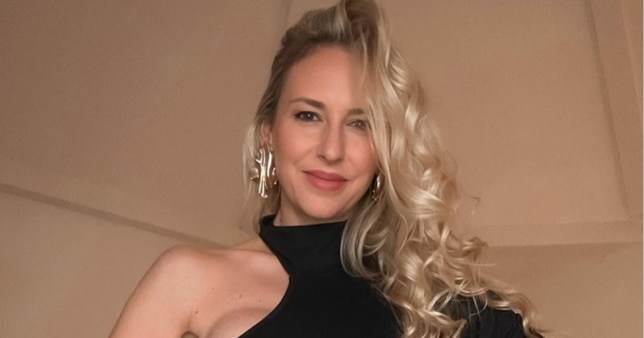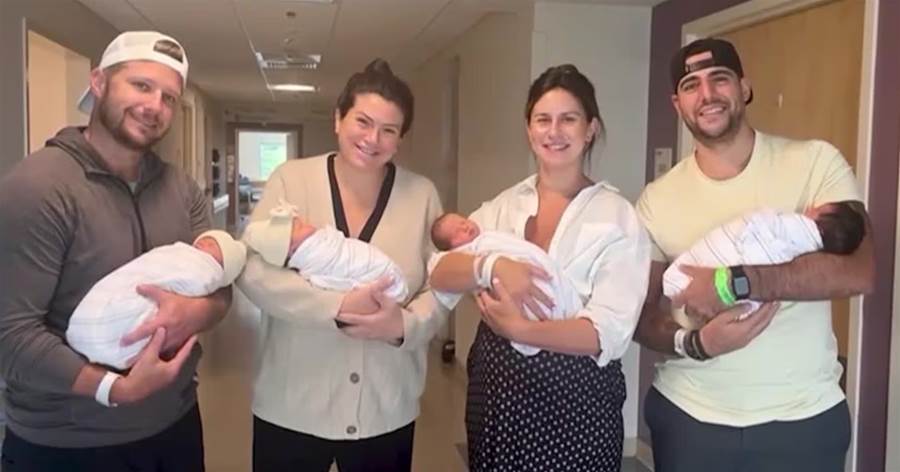
Jurnee McKay, a 25-year-old nursing student in Orlando, envisions her future without the complexities of motherhood. For her, the idea of childbirth, pregnancy risks, uncertain partners, and soaring childcare expenses loom as daunting scenarios. To preempt any accidental pregnancy, she sought to undergo sterilization, only to face resistance from her first doctor, who insisted she might change her mind with the right partner—a sentiment McKay finds dismissive of her autonomy.
Next week, McKay plans to consult another doctor about removing her fallopian tubes, determined to secure her decision against societal pressures.
Her experience reflects a broader trend captured in a recent Pew Research Center study released in 2023. It reveals that an increasing number of adults in the United States, particularly those under 50 without children, are opting out of parenthood. The survey found that 47% of this demographic now consider it unlikely they will ever have children, a 10-percentage-point rise since 2018.
When asked for their reasons, 57% cited simply not wanting children. Women, in particular, were more likely than men (64% versus 50%) to express this sentiment. Other factors included prioritizing careers or personal interests, concerns about global issues and financial strains of childcare, worries about environmental sustainability, and not having found suitable partners.
These findings underscore a broader societal shift where parenthood is increasingly viewed not as an inevitable life stage but as one of many personal choices.
The article is not finished. Click on the next page to continue.
The article is not finished. Click on the next page to continue.
Next page


















